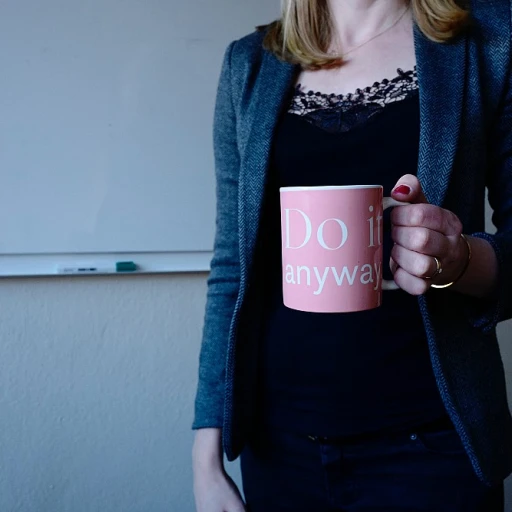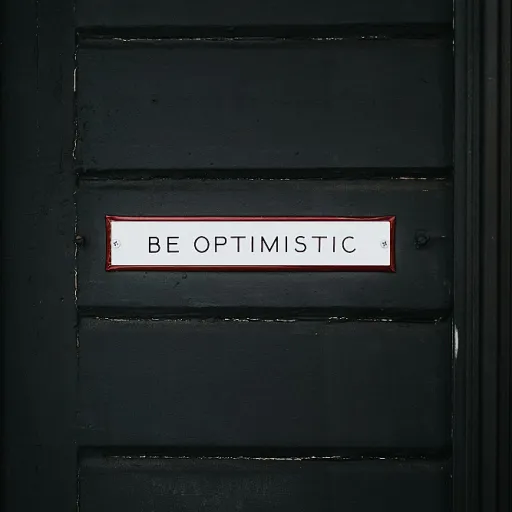
The Impact of Blue Light on Sleep Quality
The Hidden Effects of Blue Light on Your Sleep
In our digital age, technology affects almost every aspect of our lives, including how we rest. One of the most significant ways technology impacts your sleep health is through exposure to blue light. This type of light, emitted by screens on phones, tablets, and computers, can disrupt your body's natural circadian rhythm.
Blue light exposure, especially at night, can affect your brain's production of melatonin, the hormone responsible for regulating sleep. When your brain receives signals from blue light, it can trick your body into thinking it's still daytime, making it harder to fall asleep and reducing sleep quality.
Research has shown that limiting screen time before bed can significantly improve your sleep quality. Consider using tech-free tools like white noise machines or reading a physical book to help your body wind down. For those who need to use devices at night, blue light filters or glasses can help mitigate some of the negative effects.
Understanding how technology affects your sleep is crucial for maintaining good sleep health. For more insights into managing your sleep environment and schedule, you might find this comprehensive guide helpful.
Smart Devices and Sleep Tracking: Helpful or Harmful?
Assessing the Benefits and Drawbacks of Sleep Monitoring
In today's digital age, the emergence of tech-savvy devices aimed at tracking sleep has sparked both curiosity and skepticism. The ability of smart devices to monitor sleep patterns offers potential benefits, such as providing insights into your sleep health, but it is crucial to understand the harnessing emotional will for better work-life balance when using such technology.
Devices like smartwatches and fitness trackers utilize sensors to track various sleep metrics, influencing your sleep quality by quantifying data such as sleep stages, duration, and disruptions. While this information can be valuable for some, it's important to be aware of possible pitfalls.
- Accuracy Concerns: Despite their advanced technology, the accuracy of these devices in monitoring sleep remains under scrutiny. Factors such as light levels, noise disturbances, and even your body position can affect readings, calling into question their reliability.
- Interference with Natural Sleep Patterns: Constantly checking on your sleep metrics can inadvertently influence your rest. This behavior may become anxiety-inducing, affecting your ability to fall asleep naturally.
- Data Overload: Too much information can be overwhelming. Some users find themselves perplexed by excessive sleep data, which might lead to unnecessary stress over sleep quality.
While smart devices can offer insights and aid in understanding sleep trends, remember that they do not replace the personalized evaluation that a healthcare professional can provide. Balancing the use of digital tools with other free tools that promote sleep health can help you achieve the best results for your well-being. Consider setting your tech aside at night to allow your brain and body to naturally find a restful state.
The Role of Social Media in Sleep Disruption
The Role of Social Media and Digital Distractions on Sleep Disruption
In today's digital age, it's easy to find yourself scrolling through social media feeds late into the night. While it may seem harmless to read a few posts before bed, this habit can severely affect your sleep quality. The constant influx of notifications and updates keeps your brain active, making it difficult to relax and fall asleep.
The light emitted by screens from your phone, tablets, and other devices can suppress the production of melatonin, a hormone that regulates sleep. This disruption of your circadian rhythm can lead to challenges in achieving restful sleep. It's not just the blue light from these screens that's problematic—the engaging nature of digital content can keep you mentally stimulated long after you've put your phone down.
If you find yourself caught in this cycle, consider setting boundaries around your screen time, particularly in the hours leading up to bed. Creating a tech-free sleep environment can be one of the best ways to enhance your sleep health. Explore various digital wellness tools that can help manage your time and set screen limits.
Social media platforms continually encourage you to engage with their content. To combat this, try removing your phone from the bedroom or using features that limit app usage during certain times. These adjustments can significantly improve your overall sleep quality and contribute to a healthier work-life balance. For more insight on this, you can explore how a broader lifestyle change can support enhancing work-life balance.
Work Emails and Notifications: A Sleep Thief
The Overwhelming Presence of Work in Our Bedrooms
In the digital age, where our phones and devices are constantly within arm’s reach, it’s become increasingly difficult to maintain boundaries between work and rest. Work emails and notifications are notorious disruptors of sleep, often intruding at times when you should be winding down for the night. With notifications pinging at all hours, your brain finds it hard to switch off, adversely affecting your sleep quality.
The blue light emitted by screens can suppress melatonin, the hormone responsible for regulating your circadian rhythm. This can delay your sleep cycle, making it harder for you to fall asleep. The more engaged you remain with work tasks, the less likely your body will enter a state of rest, ultimately affecting your sleep health.
While some technology might promise smart solutions to manage your sleep, such as apps offering white noise or meditation tracks, the continuous presence of work-related alerts can counteract these benefits. It's wise to leverage tech-free tools, like ensuring your bedroom is an oasis of calm, to prevent work intrusions from undermining sleep quality.
Creating a clear separation between your work life and nighttime routine could significantly affect your health in a positive way. By reducing screen time and setting boundaries around work communications, you not only safeguard your sleep but enhance your rest and overall well-being.
The Influence of Streaming Services on Sleep Patterns
Understanding the Influence of Streaming Services
In today's digital age, streaming services have emerged as a popular way to unwind after a long day of work. However, how does this technology affect your sleep health? Research indicates that the allure of 'just one more episode' can significantly affect your ability to fall asleep and obtain restful sleep. The quality of content and ease of access through smart devices often lead users into binge-watching late into the night. The bright light from screens—often housing blue light technology—can suppress melatonin production in your body. Melatonin is essential for regulating your sleep and wake cycles, and interruptions can lead to disrupted sleep patterns which affect your circadian rhythm. Here’s how streaming services and their technology influence your sleep health more specifically:- *Increased Screen Time:* Engaging with a screen right before bed keeps your brain stimulated and alert, making it harder for your body to wind down for rest.
- *Unwinding Mind:* The active engagement with complex plot lines makes it difficult for your mind to switch off, undermining your sleep quality.
- *Irregular Sleep Patterns:* Extended viewing sessions can push your bedtime later, throwing off your natural sleep-wake cycle which affects your overall sleep health.













